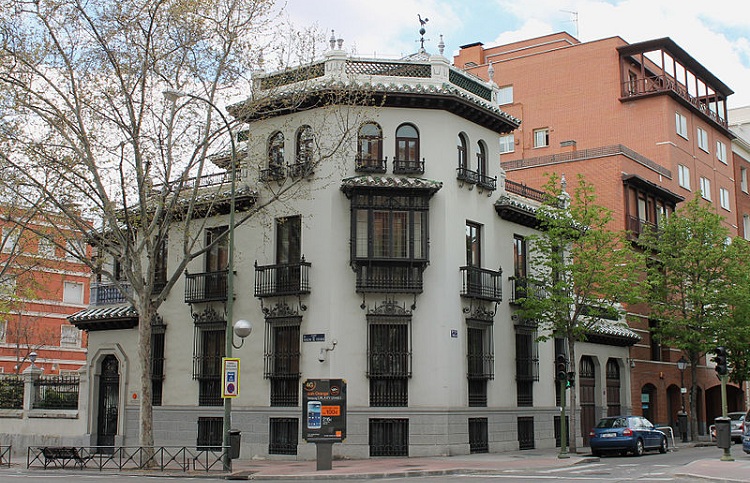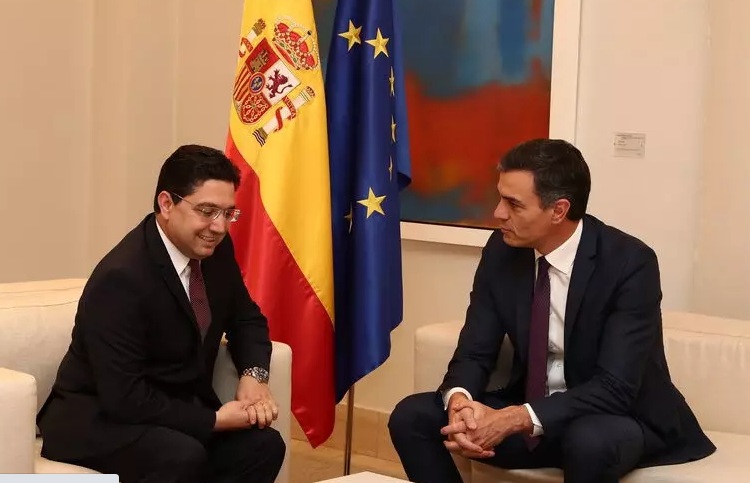Eduardo González
Spaniards overwhelmingly support their country’s membership in NATO and consider Russia as the greatest threat to world security, but, at the same time, they remain very divided over Spain’s possible military involvement in a war between the Ukrainians and Russians.
These are some of the conclusions of the fortieth wave of the Barometer of the Elcano Royal Institute, which was prepared in two phases: a first, between October and November 2021, with interviews with a thousand people throughout Spain, and a second, with 500 interviews between January and February of this year, to include the latest events in Ukraine.
According to the study, the vast majority of Spaniards (80%) are in favor of the country remaining in NATO because they consider that it has brought security to Spain. This percentage is much higher than in the referendum for entry into the Alliance in 1986, in which the favorable vote did not exceed 57%, but shows great differences according to the ideology of those interviewed, since only 63% of those who define themselves as leftists are in favor of remaining in NATO, compared to 88% of those in the center and 83% of those on the right.
Besides, if we compare the results of October and November with those of January and February, this majority support for the Alliance has not experienced “any significant alteration” due to the beginning of the crisis in Ukraine, as Carmen González Enríquez, senior researcher at the Elcano Royal Institute, explained yesterday during the presentation of the report in a virtual press conference.
What has changed in these few months is the perception of Russia, which in the previous survey was only cited as a security threat by five percent of respondents and in the latest survey of January and February is already at the top of the list of threats, with 34%. In second place comes Morocco and in third comes jihadist terrorism. “Now there is a fear that did not exist before,” said Carmen González. “In Spain there is not usually a perception of external threat, but the conflict between Russia and NATO is changing this perception”, since, “in general, there is more fear for war conflicts than for terrorism”, she added.
Despite this, the survey reveals that Spanish public opinion is almost equally divided on the role Spain should play in the event of a military conflict between Russia and Ukraine. Just over half (52%) are opposed to Spain intervening militarily with NATO in such a conflict, compared to 48% who support it. The survey was carried out “without specifying what is understood by military intervention” and the difference between the two positions is less than the margin of error of the survey, the researcher said. The Barometer also reveals that those most opposed to a possible military involvement of Spain are women, young people, people over 65 years of age, people with a lower level of education and people on the left.
The Barometer also reveals that the fight against climate change continues to top the list of Spanish foreign policy priorities, ahead of development aid, support for Spanish companies abroad and the supply of gas, oil and electricity (whose interest has increased due to rising prices). Spaniards are also still very pro-European, but this Europeanism, curiously, coincides with a very low level of information on European affairs: 75% of those surveyed do not know about the New Generation Funds, despite their importance for the Spanish economy, and 93% do not know what the Conference for the Future of Europe is.







